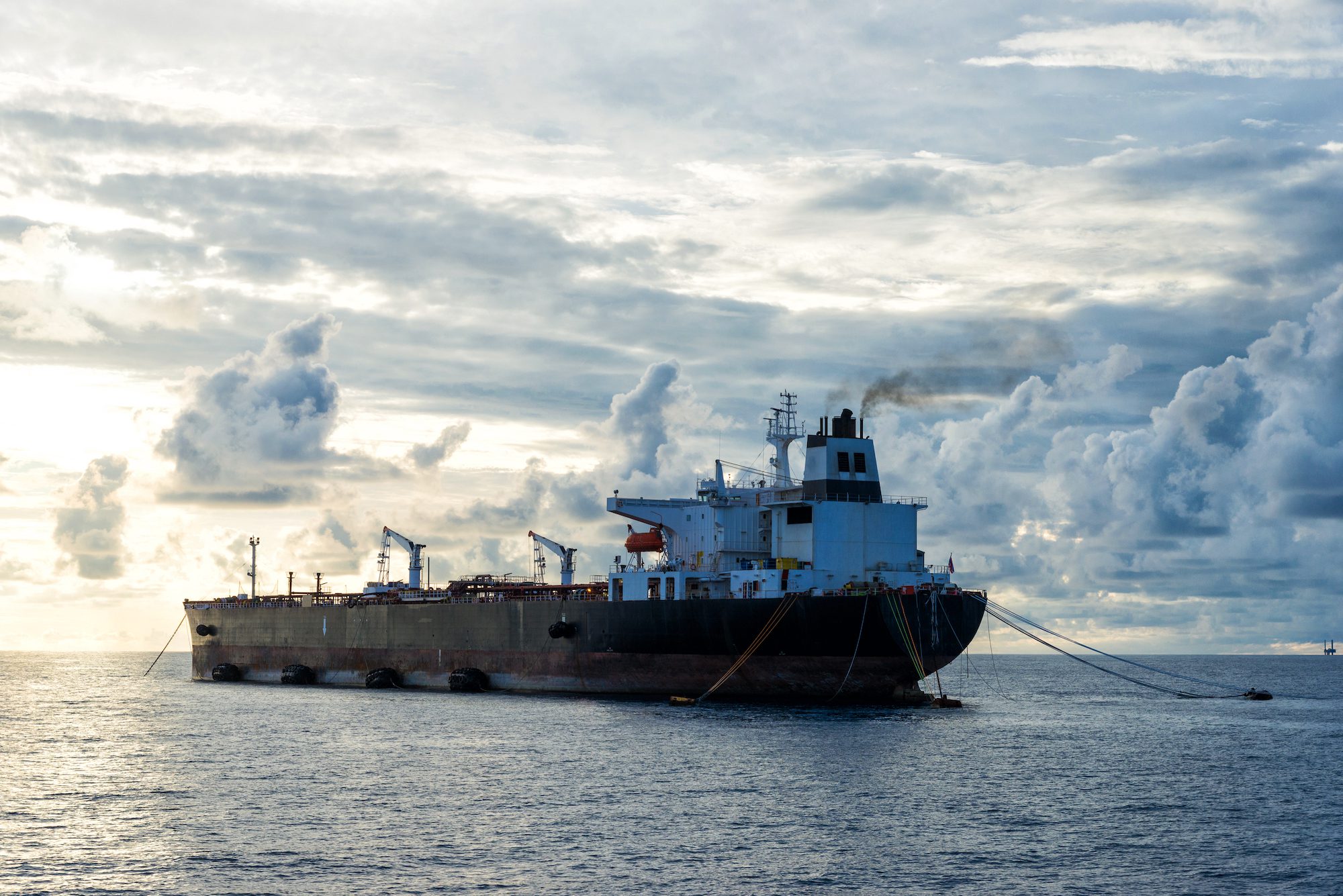After Years of Preparation, UN-Led Operation Prevents Worst-Case Scenario Environmental Disaster off Yemen; Additional Funding Required to Complete Cleanup
After two years of political groundwork, fundraising, and project development, a United Nations-led operation has prevented a massive oil spill in the Red Sea off Yemen from the decaying FSO Safer supertanker.
This week, SMIT Salvage, a subsidiary of Boskalis, departed the Safer after completing the transfer of over 1.1 million barrels of oil from the 47-year-old Safer to the replacement vessel Yemen earlier this month, averting a worst-case-scenario oil spill that would have been four times larger than the Exxon Valdez disaster.
To make the oil transfer operation possible, UN member states, the private sector, and the global public provided over $121 million in funding. However, the Safer still poses an environmental threat. Experts believe the vessel will eventually break up and, although all recoverable oil has been extracted, Safer’s tanks still contain viscous oil residue mixed with sediment that can only be removed during a final cleaning.
To finish the work, the UN says an additional $22 million is required and it’s counting on additional support to close the budget gap.
The remaining work comprises installation of a catenary anchor leg mooring (CALM) buoy, the Yemen’s connection to it, and towing the Safer for safe recycling.
The budget for the FSO Safer operation was initially $144 million, but the adoption of the CALM buoy solution lowered costs. However, rising prices of VLCCs and other factors pushed the budget back up to $143 million.

 Join The Club
Join The Club










